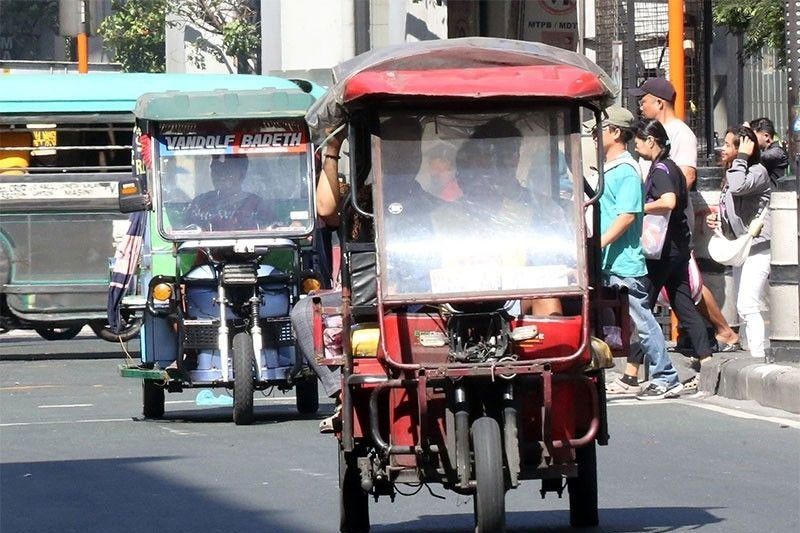CCCI defers its position on tableware ordinance

CEBU, Philippines — The Cebu Chamber of Commerce and Industry (CCCI) deferred its position on the proposed ordinance regulating the use of disposable tableware and the integration of e-vehicles, stating that it currently lacks the expertise for such matters.
In a letter to the Cebu City Council dated November 22, 2024, signed by CCCI President Jay Yuvallos, the business sector announced its decision to postpone its stance on the proposed ordinance titled "Regulating the Distribution and/or Use of Disposable Tableware and Food Containers and Accessories for Dine-in and Takeout Purposes in All Food Establishments in Cebu City,” as well as on the integration of e-vehicles in the supply chain.
This ordinance was authored by Councilor Jose Lorenzo Abellanosa.
In his letter, Yuvallos expressed appreciation for being among those consulted on the proposed ordinance. He acknowledged the importance of the initiatives, which reflect the city’s commitment to "environmental health and sustainability, as well as modernizing local transport systems."
However, he added that after discussions with their members and stakeholders, they realized they "currently lack the necessary expertise" or relevant experience in this area.
"While we fully support the broad objectives of reducing waste and promoting environmentally friendly practices, our Chamber humbly admits that it currently lacks the necessary expertise and relevant experience in these areas, nor sufficient time to provide substantive advice and a position on the proposed regulations," reads an excerpt from his letter.
In light of this, he stated that the CCCI has decided to "respectfully defer" from submitting a formal position on the matter at this time. He also acknowledged the complex issues surrounding the subject, which would require extensive data gathering and analysis.
He further stated that the CCCI remains open to continuing discussions and collaborative efforts as these initiatives evolve.
"We are committed to supporting policies that align with the long-term sustainability and growth of our business community," he said.
Abellanosa seeks to regulate the use and distribution of single-use plastics among food establishments in the city to address problems related to non-recyclable residual waste.
In a previous interview, he expressed concern over what he describes as the “very alarming” gap between residual and non-residual waste.
Abellanosa was motivated to push for this measure following a Waste Analysis and Characterization Study (WACS) he requested from the Cebu City Environment and Natural Resources Office (CCENRO).
According to the study, Cebu City generates 314,527.32 tons of solid waste annually, with 28.22 percent considered residual waste—non-compostable and non-recyclable—while 35.05 percent is recyclable. — (FREEMAN)
- Latest



















